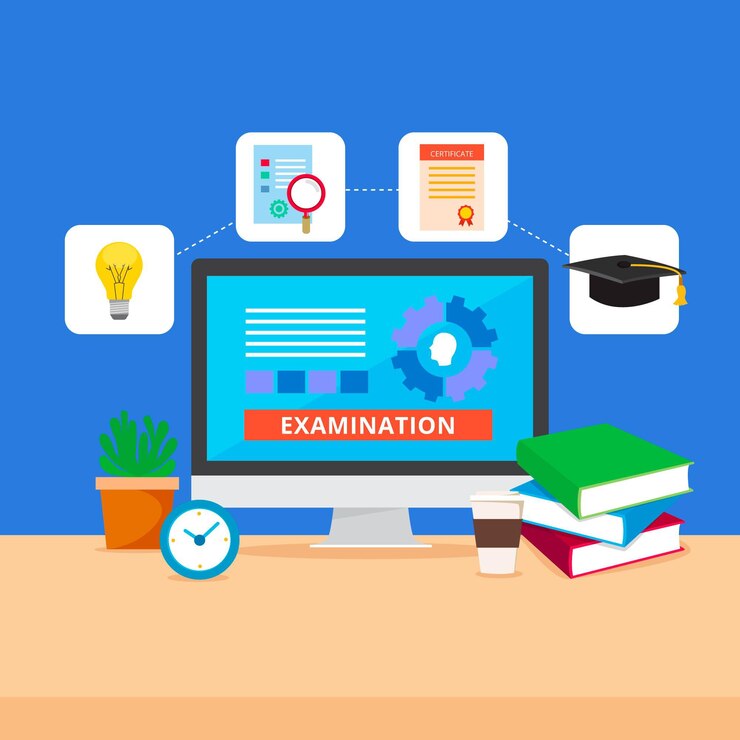In 2020, India witnessed a landmark moment in its education sector by introducing the New Education Policy (NEP). Aiming to transform the country’s educational landscape, the NEP emphasizes the importance of technology integration and school administrative efficiency. One such technology that aligns perfectly with the NEP’s vision is School ERP Software. In this article, we’ll explore the significance of School ERP Software in the context of the New Education Policy 2020 and how it’s revolutionizing education management.
Understanding School ERP Software
School ERP (Enterprise Resource Planning) Software is a comprehensive management solution designed to streamline administrative tasks and enhance communication and collaboration within educational institutions. It integrates various modules such as student information systems, attendance management, fee management, examination management, timetable management, and more into a single platform, providing administrators, teachers, students, and parents with easy access to essential information and resources.

Key Objectives of the New Education Policy 2020
The New Education Policy 2020 aims to transform the Indian education system by focusing on several key objectives:
- Universalization of Education: Ensuring access to quality education for all children from preschool to secondary level.
- Holistic Development: Emphasizing the holistic development of students by promoting critical thinking, creativity, and problem-solving skills.
- Technology Integration: Leveraging technology to enhance teaching and learning processes, improve administrative efficiency, and promote digital literacy among students.
- Administrative Reforms: Simplifying administrative processes and promoting accountability and transparency in school management.
Alignment of School ERP Software with NEP Objectives
School ERP Software aligns closely with the objectives outlined in the New Education Policy 2020:
- Universalization of Education: School ERP Software facilitates efficient management of student records, admissions, and attendance, ensuring that every student’s educational journey is documented and monitored effectively.
- Holistic Development: By automating administrative tasks, School ERP Software frees up teachers’ time, allowing them to focus more on personalized teaching, mentoring, and fostering creativity and critical thinking among students.
- Technology Integration: School ERP Software leverages technology to streamline communication between stakeholders, providing parents with real-time access to their child’s academic progress, attendance, and upcoming events through web portals and mobile apps.
- Administrative Reforms: School ERP Software promotes administrative efficiency by automating fee management, examination scheduling, and timetable creation, reducing paperwork and minimizing errors.
Benefits of School ERP Software in Education Management
The adoption of School ERP Software offers numerous benefits for educational institutions, including:
- Streamlined Administrative Processes: School ERP Software automates routine administrative tasks, saving time and resources for school administrators and staff.
- Enhanced Communication and Collaboration: School ERP Software facilitates seamless communication and collaboration between teachers, students, parents, and administrators, fostering a more connected and supportive learning community.
- Improved Parental Engagement: School ERP Software provides parents with instant access to their child’s academic progress, attendance, and communication with teachers, enabling them to stay informed and involved in their child’s education.
- Data-Driven Decision Making: School ERP Software generates comprehensive reports and analytics on various aspects of school operations, empowering administrators to make informed decisions to improve efficiency and student outcomes.
Challenges and Considerations
While School ERP Software offers numerous benefits, its successful implementation requires careful planning, training, and ongoing support. Educational institutions must ensure that all stakeholders are adequately trained to use the software effectively and that proper data security measures are in place to protect sensitive information.
Conclusion
In conclusion, School ERP Software plays a crucial role in transforming education management in line with the objectives outlined in the New Education Policy 2020. By leveraging technology to streamline administrative processes, enhance communication and collaboration, and promote transparency and accountability, School ERP Software empowers educational institutions to provide quality education and holistic development opportunities to students. As India continues to embrace the principles of the NEP 2020, School ERP Software will play an increasingly vital role in shaping the future of education in the country.
